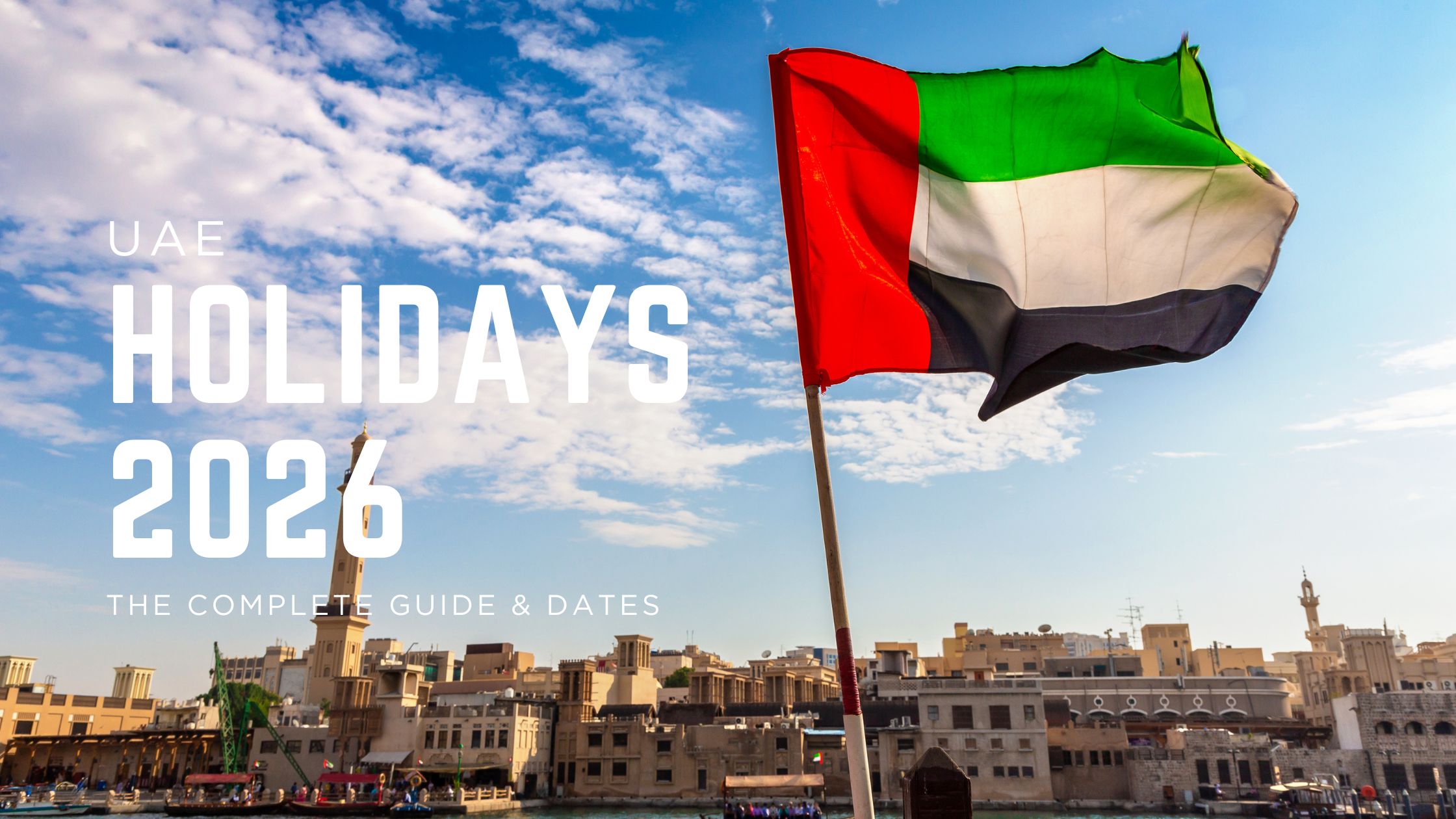The Evolving Role of Consultants in the Middle East: Navigating Change, Delivering Impact

In today’s rapidly shifting business landscape, companies across the Middle East are facing new pressures: digital transformation, regulatory reform, ESG mandates, regional competition, and economic diversification. In this environment, consultants are no longer just advisors — they are strategic partners, problem solvers, and change enablers.
From guiding Vision 2030 initiatives in Saudi Arabia to enabling tech adoption across the UAE and driving public sector reforms in Egypt, consultants are playing a pivotal role in shaping the future of the region.
But what exactly do modern consultants do? How have their roles evolved? And why are they more relevant than ever?
What Is a Consultant Today?
Traditionally, consultants provided expertise, delivered reports, and walked away. Today’s consultants are far more embedded in execution. They work alongside leadership teams to solve complex challenges, design custom strategies, and build internal capabilities.
Modern consulting spans:
- Strategy & Transformation
- Digital & Technology Integration
- Human Capital & Leadership Development
- ESG & Sustainability
- Risk, Compliance & Regulatory Advisory
- Market Entry & Expansion Planning
Whether a multinational looking to localize or a startup scaling across borders, organizations are relying on consultants for both vision and velocity.
Why Businesses Are Turning to Consultants in the Middle East
1. Regional Economic Transformation
Massive projects like Saudi Vision 2030, UAE’s Digital Economy Strategy, and Qatar National Vision 2030 require cross-sector expertise. Governments and private companies alike are leveraging consulting firms to align with these goals.
Example: Consulting firms have supported the rollout of giga-projects like NEOM, Diriyah Gate, and Expo 2020 — from master planning to sustainability frameworks.
2. Digital Disruption
Cloud migration, cybersecurity, AI, fintech, and digital identity are pressing priorities. Consultants help businesses assess, implement, and optimize digital tools while managing risk.
3. Talent & Organizational Design
As work models shift, companies are rethinking HR, leadership pipelines, and workplace culture. Human capital consultants are helping organizations attract, retain, and develop talent — particularly Gen Z and women in the workforce.
4. Market Entry & Localization
Foreign companies entering GCC markets often lack local knowledge. Consultants provide regulatory insight, cultural understanding, and market feasibility studies.
Types of Consultants in Demand
| Type | What They Do | Why They’re Valuable |
|---|---|---|
| Strategy Consultants | Design growth roadmaps, M&A strategy, competitive positioning | Help navigate volatile markets |
| Technology Consultants | Implement ERP, cloud, cybersecurity, AI/ML | Drive digital competitiveness |
| Management Consultants | Improve processes, reduce costs, manage change | Boost efficiency and agility |
| HR Consultants | Restructure orgs, design performance systems, train leaders | Build sustainable, people-first companies |
| Legal & Compliance Consultants | Interpret regional laws, mitigate regulatory risk | Ensure safe market operations |
| ESG Consultants | Design sustainability strategies, ESG reporting, green finance | Meet investor & public expectations |
What Makes a Consultant Effective in the Middle East?
Consulting in this region requires more than just credentials. It demands:
- Cultural fluency – Understanding the nuances of Gulf, Levant, and North African markets
- Regulatory insight – Navigating sector-specific laws, labor regulations, and licensing
- Localization strategies – Adapting global models to regional realities
- Stakeholder engagement – Working closely with both public and private sector players
The most successful consultants blend global best practices with regional relevance.
Freelance vs. Firm: The Rise of Independent Consultants
While global firms like McKinsey, BCG, PwC, and EY dominate large-scale projects, many startups and SMEs in the region are turning to independent consultants — offering more flexible, specialized, and cost-effective services.
This shift is driving growth in platforms for on-demand consulting, creating new opportunities for subject matter experts across industries.
How to Choose the Right Consultant for Your Business
Here are five criteria businesses should use when selecting a consultant:
- Track Record: Do they have experience in your industry or market?
- Cultural Fit: Do they understand local norms and expectations?
- Clarity of Scope: Is the proposal outcome-based, not just task-based?
- Knowledge Transfer: Will they upskill your team during the engagement?
- Ethics & Discretion: Are they trusted, professional, and compliant?
Final Thought: Consultants as Catalysts
In 2025, consultants in the Arab world are no longer simply “advisors” who recommend ideas from the sidelines. They are catalysts for national progress, digital acceleration, organizational excellence, and long-term resilience.
As the region continues to diversify its economies, build knowledge-based industries, and lead on sustainability, the role of the consultant will only become more critical — not just in business, but in shaping the future of the Arab world itself.





